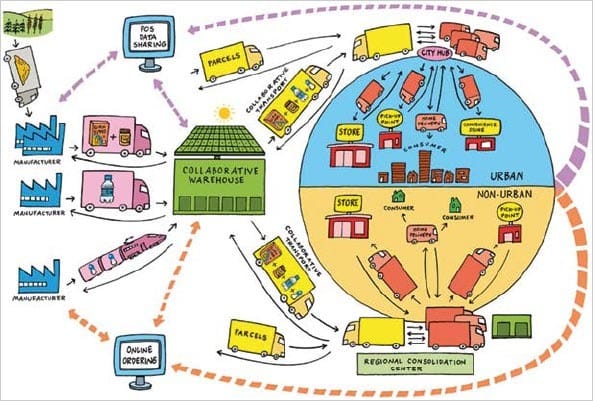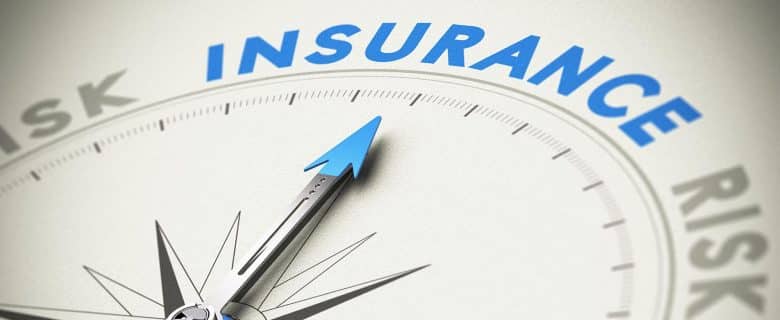Protecting your profits as well as your company’s reputation are crucial priorities for all organizational leaders. One of the areas where the most significant risk lies is within your supply chain. Obtaining insurance can safeguard you from the most serious effects of failure or disruption, enabling you to save money, maintain your brand’s status and solidify your value chain.
What Supply Chain Insurance Covers
In the past, many business owners relied solely on contingent business interruption (CBI) insurance, which covers the losses a customer or supplier incurs on their premises that result from natural disasters and fires. In light of the evolving and increasingly global requirements of today’s suppliers, CBI insurance is insufficient. Therefore, modern supply chain coverage also addresses the losses that may result from non-physical perils such as global pandemics and terrorist threats. In general, such a policy is written as an “all risks” business interruption coverage that is not limited to just property damage. Instead, it focuses on events that are outside the control of the ensured organization and allows companies to name specific risks and ensure against them.

Obtaining Supply Chain Insurance
Without the raw materials, components and Teltonika’s Internet of Things (IoT) products you rely on to manufacture your electronics, you cannot provide your end-users with timely deliveries of the computers, smartphones or other goods they are expecting. Supply chain coverage helps to ensure that your company can bounce back even from the most severe disruption with speed and efficiency, keeping the effects of unpredictable natural and human-caused disasters as minimal as possible.
One of the best ways to get the coverage you need is to hire the services of a well-respected broker with a thorough understanding of the best insurers in the global marketplace. This broker will take time to evaluate the supply chain exposures that may be making your organization vulnerable and will then recommend the type of coverage as well as the provider that can best meet your needs. With such a consultant on your side, your organization can minimize the impact of potential problems before they even occur.
What to do if an Interruption is Imminent
Being as proactive as you can is your best approach in many areas that apply to your supply chain management, and filing a claim is no exception. If you suspect that your supply network might soon be interrupted by an impending event such as an oncoming hurricane or trade war, lose no time in contacting the insurer. If you fail to do so, you run the risk of having your claim denied because it was considered to be untimely.
Furthermore, you should provide proof of loss right away, a prospect that is often difficult when you need to obtain information from beleaguered second- and third-party suppliers. This underscores the importance of transparency and established communications networks between you and all links in your chain. Requesting extensions from the insurer if you experience delays is a common practice and is far better than attempting to justify belated documentation after the fact.
Given the complexity of modern supply chains, businesses cannot afford to leave them vulnerable. Obtaining broad insurance coverage can go a long way toward shielding your company and its vendors and customers from the worst of the effects that disasters can bring.










Leave a Reply